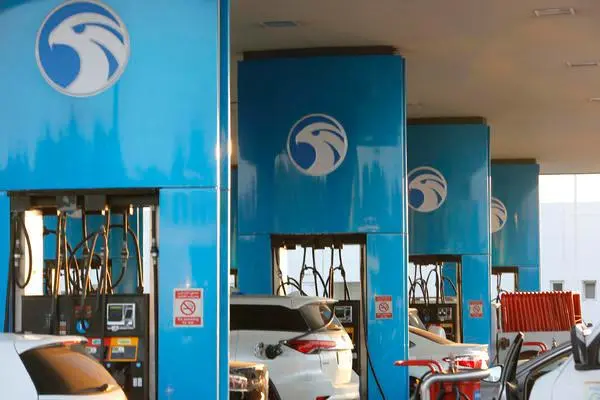PHOTO
DUBAI- A plan by ADNOC to launch a new benchmark for its Murban crude oil grade may be delayed beyond June as it awaits regulatory approvals amid current uncertain market conditions, three sources familiar with the matter said.
Last year, Abu Dhabi National Oil Company (ADNOC) said its flagship Murban crude would be traded on a new local exchange, ICE Futures Abu Dhabi (IFAD), which will be co-owned by Abu Dhabi, several oil majors and the Intercontinental Exchange Inc, which is also home to Brent trading.
ICE had said it wanted to launch the new exchange in the first half of 2020 to host the Murban grade but the exchange has yet to receive regulatory and clearance approvals.
"It was delayed until oil prices recover," said one of the sources. Another source said it was most likely to be postponed "until September or October at the earliest due to the current market conditions."
ADNOC declined to comment.
Oil prices have lost half their value in less than two weeks due to the coronavirus and a fight for market share between Saudi Arabia and Russia.
The new contract will create an alternative benchmark to the most commonly used Middle East standard, the Dubai/Oman benchmark operated by the Dubai Mercantile Exchange (DME) and traded on CME's electronic platform.
ADNOC said last week that it was still committed to its plan to trade Murban on IFAD, once it receives regulatory approval.
The contract is still awaiting approval from regulators including the Bank of England for clearing, and a number of foreign regulators including in Britain, Switzerland, Singapore and the United States, where trading and clearing activities will take place.
On March 13, ADNOC said it was pricing its oil cargoes further ahead of time, days after it joined Saudi Arabia in promising to raise oil supply to a record high in April.
ADNOC cut its official selling price for Murban crude for April by $4.63 a barrel, setting it at minus $2.75 per barrel to the Platts Dubai benchmark compared to plus $1.88 per barrel for March.
ADNOC called the change in pricing "an interim measure, intended to allow customers to better plan their crude purchases in light of the current market situation".
(Reporting by Rania El Gamal and Dahlia Nehme; editing by Jason Neely and David Evans) ((rania.elgamal@thomsonreuters.com; +971 562 160 434; Reuters Messaging: rania.elgamal.reuters.com@reuters.net ; Twitter: https://twitter.com/Rania_ElGamal))





















